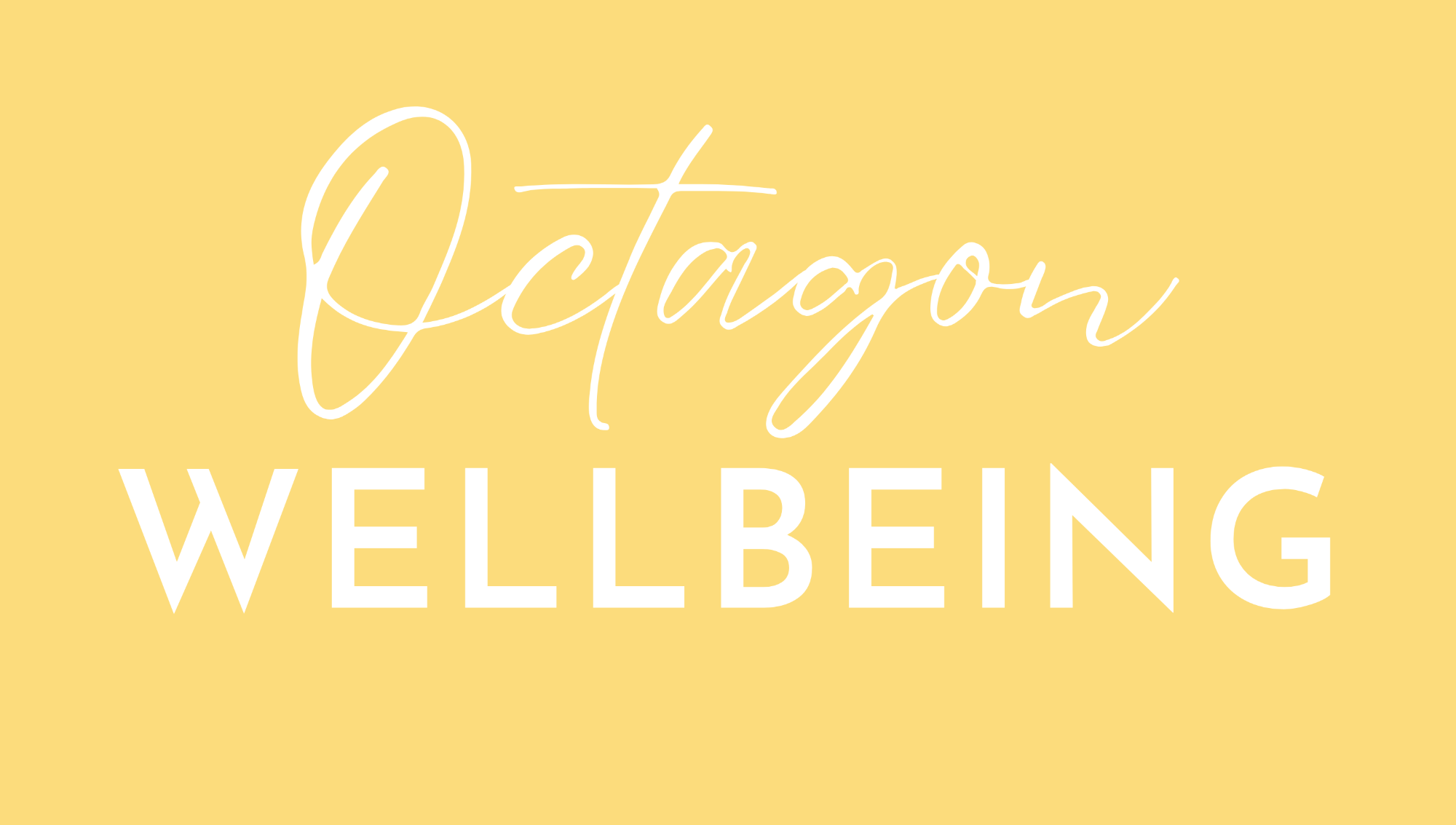Transform Your Thinking: A Beginner's Guide to Cognitive Behavioral Therapy
Posted on
Do you ever find yourself trapped in negative thought cycles? Perhaps overthinking or over worrying, feeling like your thoughts are out of control or working in ways that you know aren’t helping your situation? One of the great things about the CBH (cognitive behavioural hypnotherapy) that I offer is that it’s not just hypnotherapy. It also includes the talking therapy aspect of Cognitive behavioural therapy, also known as CBT. This is a form of psychotherapy that was developed in the 60s and 70s and is now the most commonly used therapy across the world. CBT focuses on identifying our thoughts, feelings and behaviours (the way we act or things we do). Because these are interconnected, and that changing one (our thoughts, our feelings or our behaviours) we can support change in the others. It is particularly effective at breaking down problems into specific, smaller problems and offering practical solutions to manage or resolve issues. CBT is widely used to treat a range of mental health conditions but tends to focus on issues that are affecting people at the moment rather than historical traumas which can be treated with other forms of psychotherapy. By learning to identify and challenge negative thoughts, people can more effectively manage their emotions and develop coping strategies to deal with challenging situations. During our sessions we’ll work collaboratively to identify and challenge your negative thought patterns, and to develop coping strategies that help you manage your symptoms. The next part is where hypnotherapy comes as we can use hypnotherapy to try practise using the skillswe’ve discussed during the talking therapy part of our session which supports you to make long term therapeutic change.
The goal of CBT is to help individuals develop healthier ways of thinking and behaving, which in turn can improve their mental health and quality of life. Learning to be more aware of your thoughts is also an incredibly useful long term skill which is incredibly empowering. You can take your CBT knowledge forward and apply to every area of your life. Not only will you know yourself better but you’ll also have a greater understanding of other people and your relationship with them. This means that what you learn in our therapy sessions can support your wellbeing long after our sessions have ended.


Add a comment: